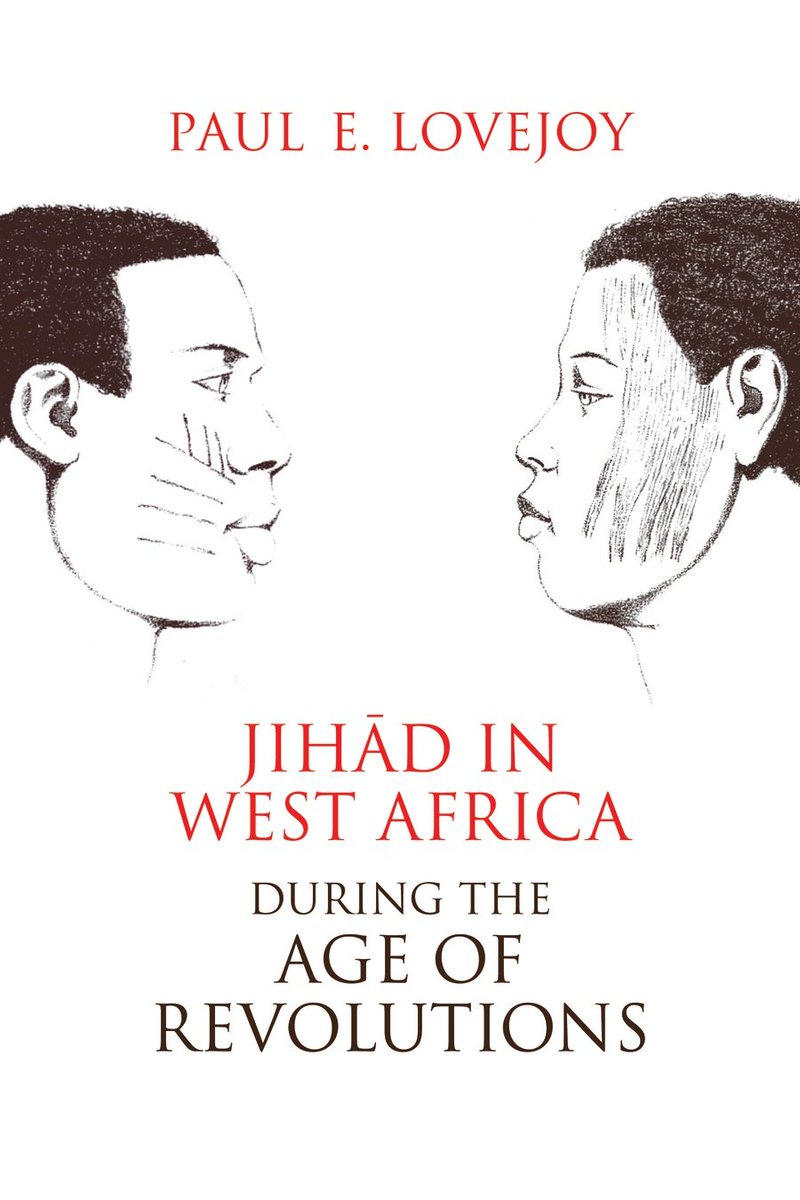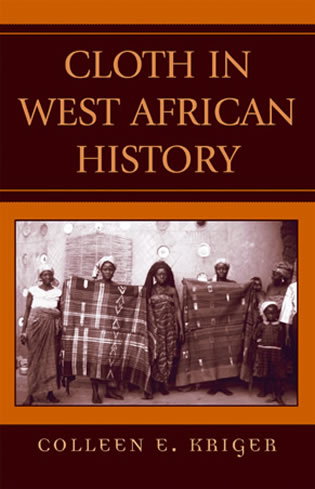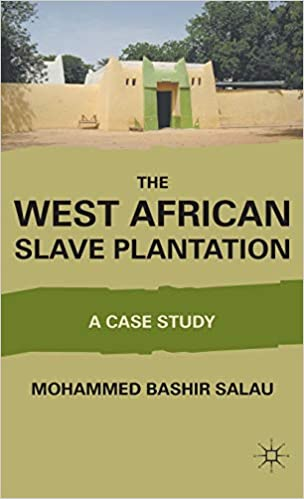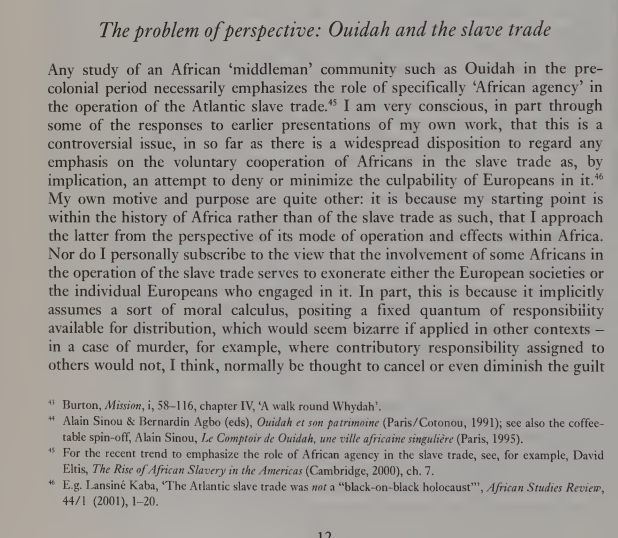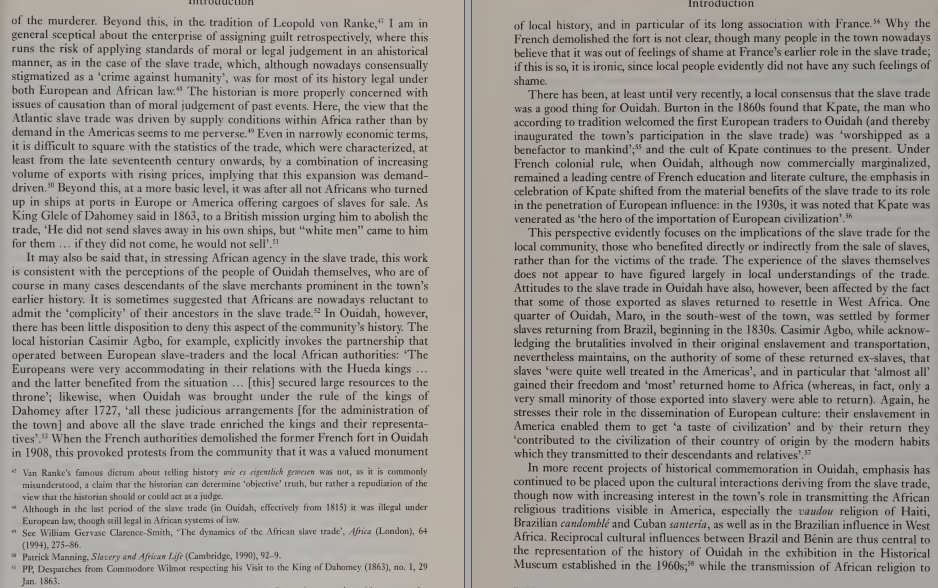
1882 AD
Wathiqa ilā amir Kanū fi amr al-mahdī (treatise on the exodus) by Maryam Bint Shehu in sokoto, Nigeria
-sokoto state history bureau
#randomxt
Maryam was a prominent scholar & lecturer from the sokoto empire; one of several highly literate women in 19th cent. west africa
Wathiqa ilā amir Kanū fi amr al-mahdī (treatise on the exodus) by Maryam Bint Shehu in sokoto, Nigeria
-sokoto state history bureau
#randomxt
Maryam was a prominent scholar & lecturer from the sokoto empire; one of several highly literate women in 19th cent. west africa

in this letter to her son Muhammad Bello b. Ibrahim Dabo; ruler of kano (then province of sokoto), Maryam sought to reassure and calm the people of kano that the rumors of the Mahdi's arrival were false inorder to stem the exodus of faithfuls moving east (to sudan)
This was a time of eschatological anxieties in west africa in anticipation of the prophetic traditions of the 12th caliph and the mahdi leading to a millenarian turmoil
a nubian named Muhammad Ahmad had declared himself the mahdi in 1881 and freed sudan from the ottoman turks
a nubian named Muhammad Ahmad had declared himself the mahdi in 1881 and freed sudan from the ottoman turks
Maryam rejected these rumors of the (Mahdi's legitimacy) as false and unsupported by the sources. Her argument respects the orthodox explication that no one knows the time of the hour’s coming, but that there will be some signs that will show it as “a fire on a flag.”
reading
translation and interpretations;
1:
siiasi.org/wp-content/upl…
2:
Risāla min Maryam bint Fūdī ilā al-ibn. A brief contribution to the study of 19th century Nigeria eschatology
by Mauro Nobili
academia.edu/2258817/Ris%C4…
translation and interpretations;
1:
siiasi.org/wp-content/upl…
2:
Risāla min Maryam bint Fūdī ilā al-ibn. A brief contribution to the study of 19th century Nigeria eschatology
by Mauro Nobili
academia.edu/2258817/Ris%C4…
general reading on 19th century west african literacy
1:
Sultan, Caliph and the Renewer of the Faith
<pg 229>
books.google.co.ug/books/about/Su…
2:
Arabic Literature of Africa: The writings of central Sudanic Africa Vol.2
<pg 176>
books.google.co.ug/books/about/Ar…
1:
Sultan, Caliph and the Renewer of the Faith
<pg 229>
books.google.co.ug/books/about/Su…
2:
Arabic Literature of Africa: The writings of central Sudanic Africa Vol.2
<pg 176>
books.google.co.ug/books/about/Ar…
• • •
Missing some Tweet in this thread? You can try to
force a refresh






















